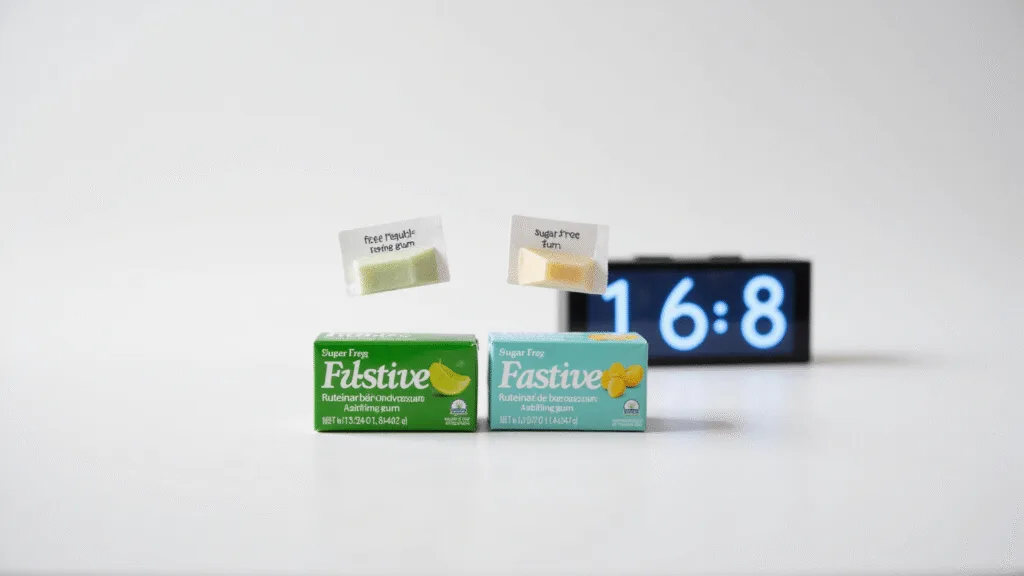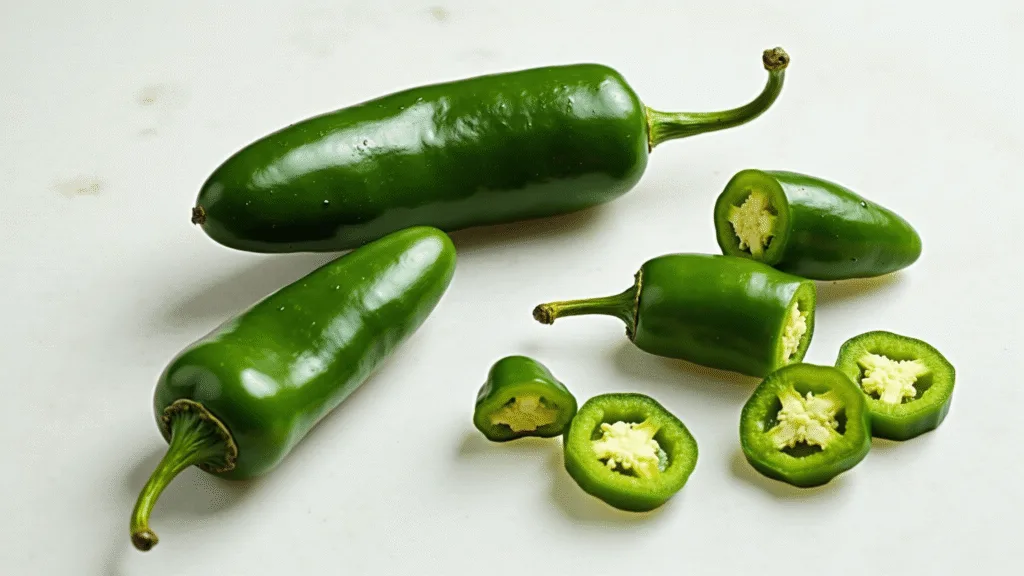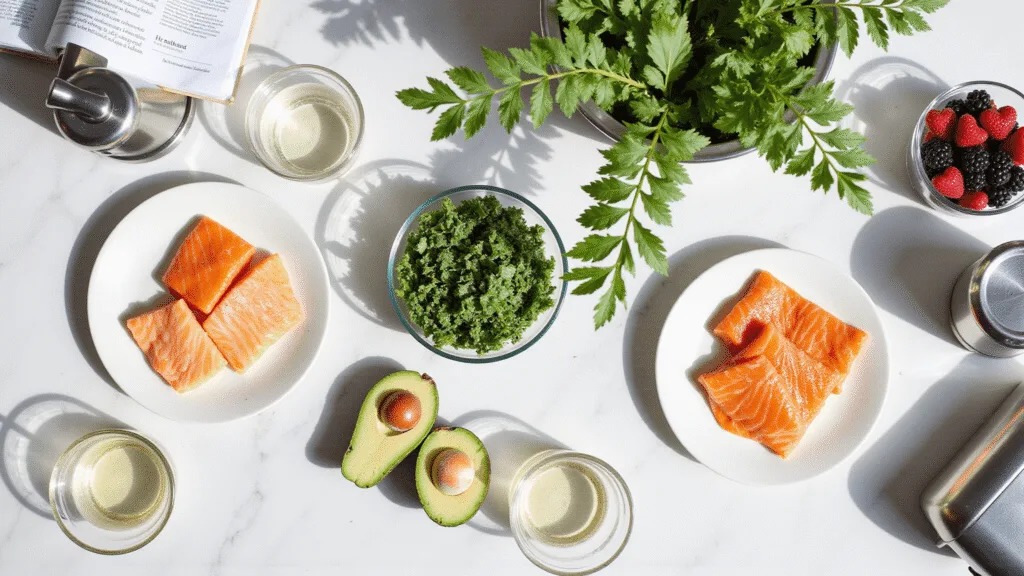Why Am I Craving Milk? Understanding Your Body’s Signals
Milk cravings hit me out of nowhere last month. I was sitting at my desk, trying to focus on work, when suddenly all I could think about was a cold glass of milk. Not coffee, not soda—just plain milk. It got me wondering: what do milk cravings actually mean?
If you’ve been reaching for the milk carton more than usual lately, your body might be trying to tell you something important.
I’ve spent weeks researching this topic and talking to nutrition experts to understand what’s really behind these dairy desires. Let’s break down what your milk cravings might be telling you about your health.

What Causes Milk Cravings?
Milk cravings aren’t random. They’re usually your body’s way of signaling something’s missing or needed.
Here are the most common reasons you might be craving milk:
- Calcium deficiency – your body craving what it needs most
- Vitamin D shortage – especially during winter months
- Protein needs – when your muscles are demanding repair
- Comfort seeking – emotional ties to childhood foods
- Dehydration – sometimes mistaken for hunger or specific cravings
- Pregnancy – hormonal changes affecting taste preferences
I found myself craving milk most often after my workouts. Turns out my body was smart enough to know what I didn’t – I needed more protein and calcium to recover properly.

The Calcium Connection
When I realized calcium deficiency might be behind my milk cravings, I checked my diet. Surprise! I hadn’t been eating much calcium-rich food.
Signs you might need more calcium:
- Frequent muscle cramps (especially at night)
- Brittle nails that break easily
- Tooth problems
- That intense desire for milk or cheese
Adults need about 1000mg of calcium daily, but most of us don’t get enough. A single glass of milk provides about 300mg – no wonder your body might crave it!

Beyond The Glass: Emotional Milk Cravings
Not all cravings are physical. Sometimes when I reach for milk, I’m actually reaching for comfort.
Milk reminds many of us of childhood – it’s warm, soothing, and connected to memories of being cared for. During stressful times, these emotional cravings intensify.
I noticed my milk cravings spiked during a particularly stressful work project. The simple act of drinking milk was calming – like a warm hug in a cold glass.
Is Craving Milk During Pregnancy Normal?
Absolutely! Many of my pregnant friends report weird cravings, and milk is one of the most common.
During pregnancy, your body needs extra calcium and vitamin D to support your baby’s developing bones. Your blood volume increases too, which might trigger more thirst – sometimes specifically for milk.
One friend told me she never drank milk before getting pregnant, then suddenly couldn’t get enough of it during her second trimester. Her doctor confirmed it was her body’s way of getting necessary nutrients.

When Milk Cravings Might Signal Health Issues
While most milk cravings are harmless, sometimes they might indicate underlying health concerns.
Talk to your doctor if your cravings come with:
- Extreme fatigue
- Bone pain
- Unusual weight loss
- Digestive problems after consuming dairy
These could signal more serious conditions like vitamin D deficiency, lactose intolerance developing, or even thyroid issues.
Healthy Ways to Satisfy Milk Cravings
When milk cravings hit, here’s how to handle them smartly:
1. Listen to your body
If you’re craving milk occasionally, your body probably needs something in it.
2. Choose wisely
Opt for milk varieties that match your health goals:
- Whole milk if you need calories and fat-soluble vitamins
- Skim milk if you’re watching calories
- Plant-based alternatives if you’re lactose intolerant
3. Balance your diet
Include other calcium sources like:
- Dark leafy greens
- Almonds
- Fortified foods
- Yogurt and cheese
4. Check your vitamin D
Sometimes what looks like a milk craving is actually your body needing vitamin D. Consider getting your levels tested.
I’ve started keeping Greek yogurt handy for when milk cravings hit. It satisfies the dairy craving while providing even more protein.
Beyond Dairy: Alternatives When You Can’t Have Milk
For those who are lactose intolerant or avoiding dairy, cravings can be frustrating. I’ve found these alternatives helpful:
- Almond milk fortified with calcium and vitamin D
- Coconut milk for a creamy texture
- Oat milk which has a naturally sweet flavor
- Calcium supplements (talk to your doctor first)
My lactose-intolerant cousin swears by oat milk with a little vanilla extract. She says it satisfies her milk cravings without the digestive distress.
The Bottom Line on Milk Cravings
Milk cravings aren’t weird or something to ignore. They’re your body communicating important information about what it needs.
Whether it’s nutrients, comfort, or hydration, understanding the root cause can help you respond in the healthiest way.
I’ve learned to pay attention when these cravings hit instead of just dismissing them. Sometimes the simplest bodily signals can tell us something important about our health.
Have you been craving milk lately? Try keeping a journal of when these cravings hit – you might spot patterns that reveal what your body really needs.
Remember, our bodies are pretty smart. When they ask for something specific like milk, it’s worth taking a moment to listen and respond thoughtfully.






